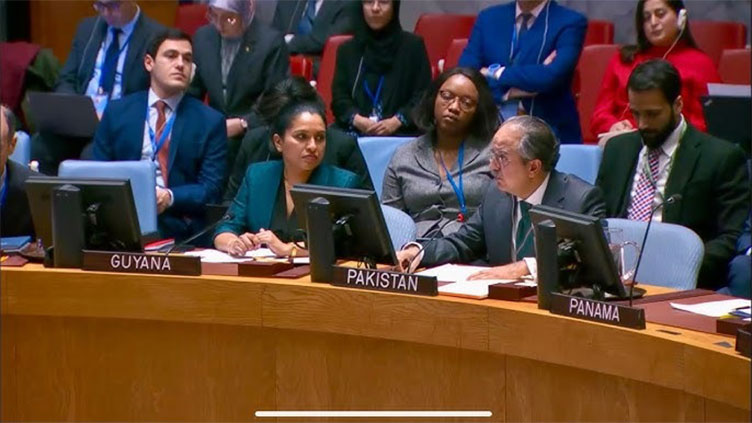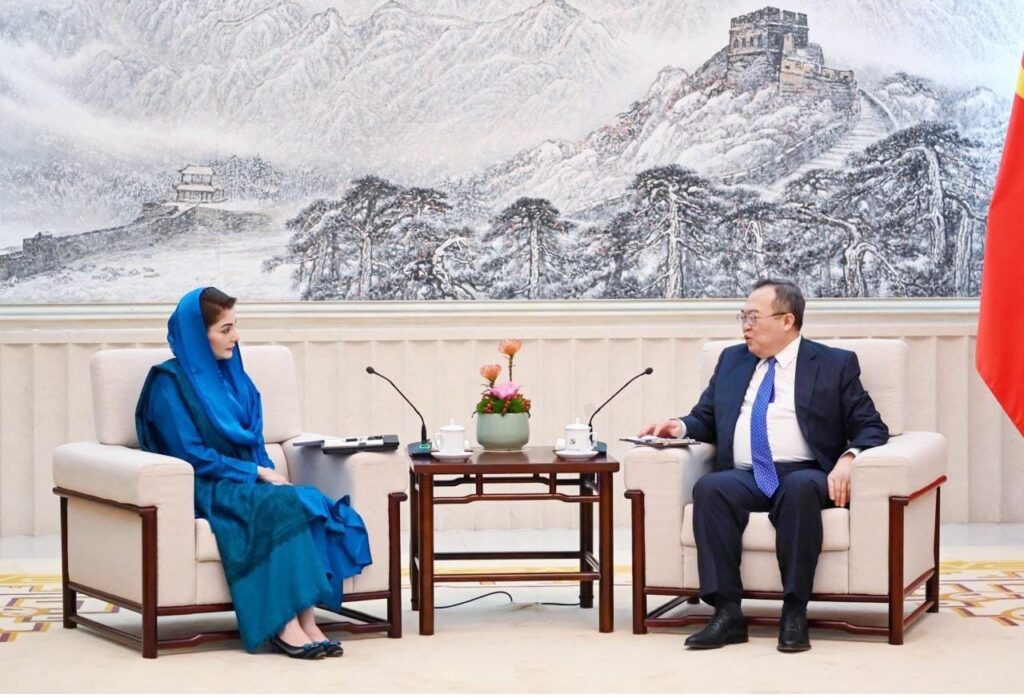Under an intergovernmental transaction agreement, Saudi Arab acquires 15 percent of Reko Diq, the most significant mining project. After the federal cabinet approval, the deal will transfer shares in two installments valued at $540 million.
The Saudi regime has pledged to offer millions and showed interest in other mineral-rich regions to explore mineral resources. In the first phase, Saudi Arabia will pay $330 million for 10 percent shares and in second phase $210 million for 5 percent share. This participation in Reko Diq project aligns with regime’s strategy to diversify investment and collaborate with friendly nations.
The Reko Diq situated in Pakistan’s resource-rich located in Chagai, Balochistan. It is one of the world largest projects with the deposits of copper and gold. Pakistan’s federal government and Balochistan government jointly own 50 percent of this project. It offers greater economic opportunities for Pakistan.
In past, Tethyan Copper Company (TCC) worked in exploration of copper and gold abundant deposits in Reko Diq. A company is the joint venture between Barrick Gold and Antofagasta minerals. TCC set pathway to invest billions to bolster its development. After citing irregularities in contract in 2011, the Pakistani government refuse to give mining lease to TCC. In response, company filed against Pakistan to breach the treaty over Reko Diq.
In 2019, the World Bank’s international Centre for Settlement of Investment gave ruling in the company’s favour. Pakistan was charged to pay $6 billion for damages. Later Pakistan resolved the matter by negotiation in 2022 to avoid penalty. The other 50 percent shares were given to Barrick Gold.
The development of Reko Diq will unlock significant economic potential. The development of project is not only favourable to mining sector but also unleash job opportunities an infrastructural development. The deal will contribute to enhance technological experts and regional development.













